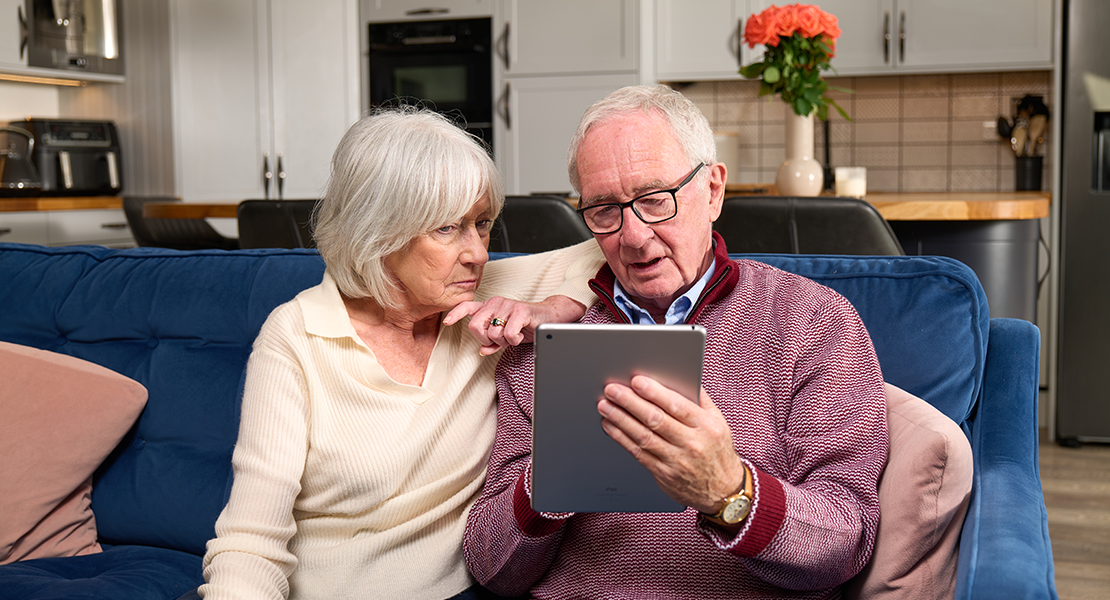Without research, there would be no new treatments or advances for conditions like diabetes or cancer.
Every time someone receives a test or a scan, or a treatment for a health condition, it’s because of the many people who took part in health and care research. But to improve health and care for all of us, we need everyone to get involved.
Some communities are far less likely to take part in research than others. This can include people from ethnic minorities, older people, women, people with disabilities, and people living in remote and rural communities. Often the areas most affected by ill health have the lowest numbers of people taking part in research.
More volunteers are always needed to take part in research – but it’s critical that these volunteers come from as wide a range of backgrounds as possible. Ideally, the mix of people involved in a study should reflect the patient group that the research is designed to help.
Here are a few ways you could help by taking part in research:
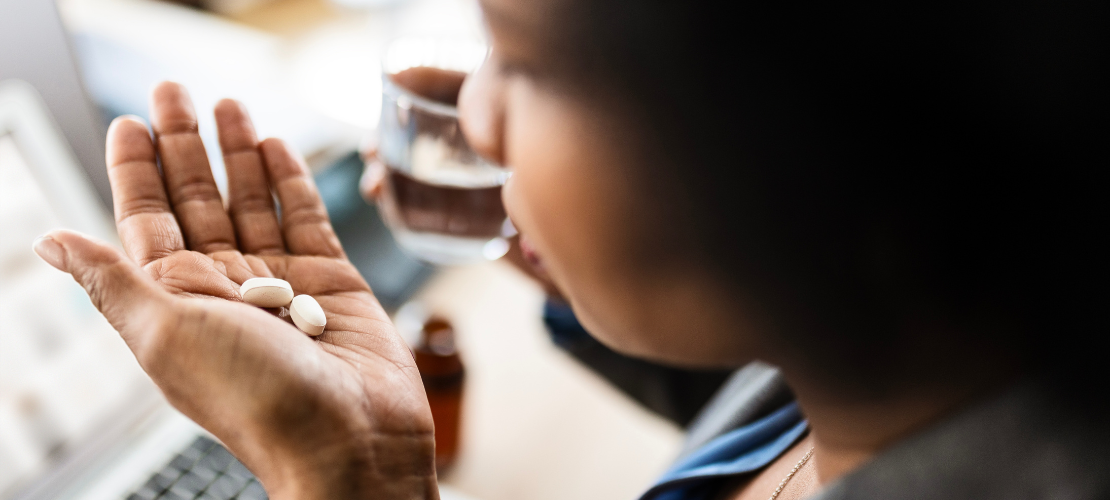
1. Ensuring medication works for everyone
Not everyone responds to treatments and medicines in the same way. Genetic differences can affect how easily people break down a drug and how much of it enters their bloodstream. These differences can be seen between men and women and between people of different ethnicities. If a drug is mainly tested on men from one ethnicity, for example, then we won’t really know how well it works in women or in other ethnicities.

2. Better understanding risks for diseases
Your ethnicity can determine how likely you are to develop a certain condition, and we still don't fully understand the reasons why. For example, in England, people of South Asian heritage are much less likely to have, or die from, the most common types of cancer than White people. But they have higher rates of cardiovascular disease and diabetes. Black people are less likely than white people to get most cancers, but have a significantly increased risk of stomach and prostate cancer.
Some NIHR research is tackling these disparities directly. The LOLIPOP study is looking at why people from South Asian backgrounds are more likely to suffer from cardiovascular disease and Type 2 diabetes. The TRANSFORM study is trying to understand why Black men are more likely to die from prostate cancer than white men.
By taking part in research you could help doctors understand why certain people are more affected by certain conditions than others.
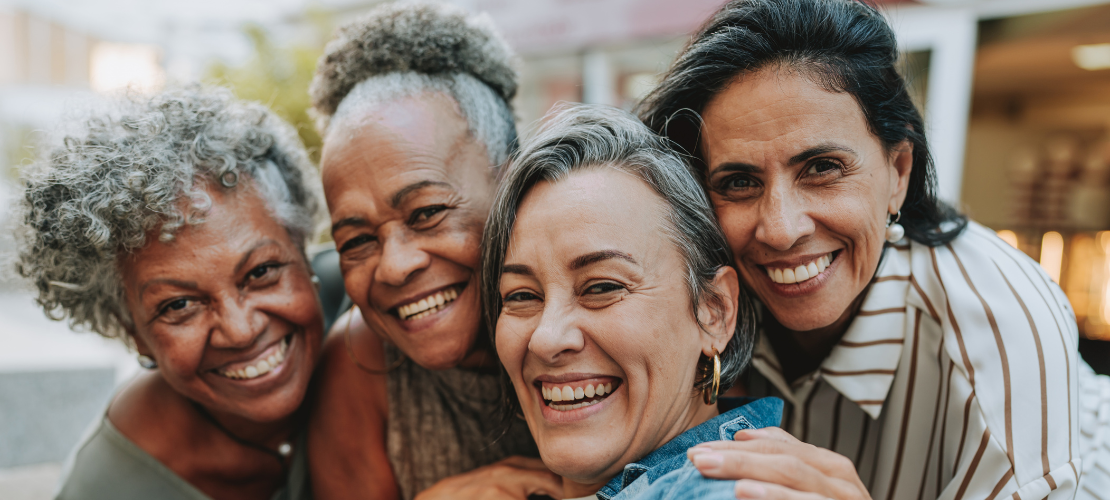
3. Improving treatments and health services for all
Not everyone has the same outcomes from, or access to, healthcare through the NHS and we don’t fully understand why. For example, Black and Asian women are more likely to die during pregnancy than white women, although overall numbers are low. Babies of South Asian women are less likely to suffer an unexplained death in infancy. While babies born to women on lower incomes are more likely to suffer complications than those on higher incomes.
Some NIHR research is looking at these health inequalities. The Poverty Proofing Maternity Services study is looking at what might be preventing low-income women using maternity services. This will help identify practical solutions to make those services more accessible.
This video explains how you can help create a better future for all by taking part in maternity research:
4. Closing the gap for rural and coastal communities
People in rural and coastal towns have higher rates of preventable conditions, are more likely to go to A&E and have shorter life expectancy than those living in cities. Yet most research is centred on hospitals in large cities, and people recruited to those studies tend to live nearby.
Engaging people from different locations in clinical research can help us understand why these differences exist, so that health inequalities can be addressed.
But if the conditions that are more common in rural and coastal communities are mostly being studied in urban populations with different lifestyles, the evidence generated through research may not be as useful.
One way of encouraging participation in underserved communities is to bring research to people’s doors using research vans.
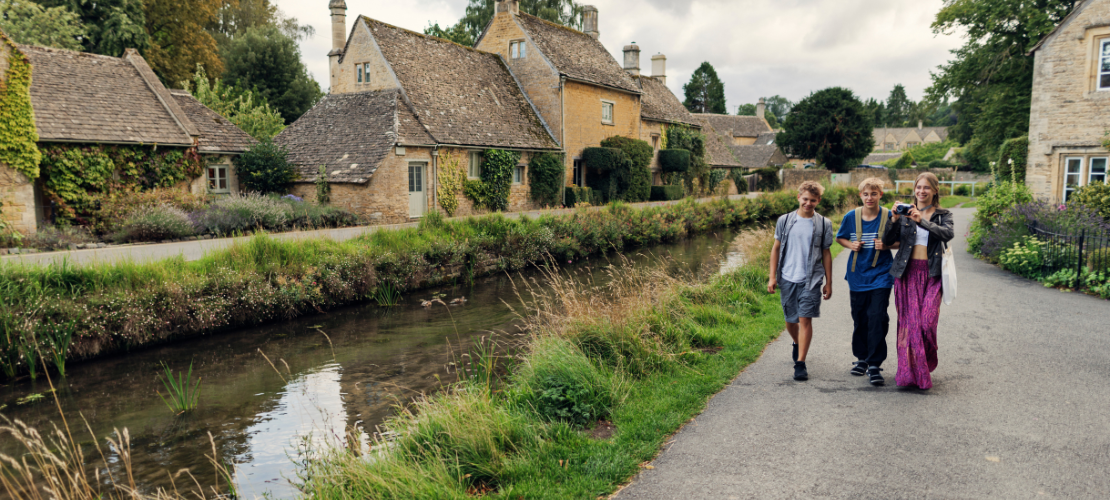
How you can get involved with research
Whatever your age, ethnicity, gender or background - you can make a huge difference to the health and care of tomorrow. Simply sign up to Be Part of Research and you’ll be matched to studies that meet your interests – taking place at locations near you.
Join a health and care study
You can also take part in vital health research looking at how to improve health and care for everyone. Use our study search tool to find a study that interests you.
Here are some trials currently looking for volunteers from a range of backgrounds, and population groups, like those mentioned above:
- Diversity in diabetes feasibility study (Nottingham, Leicester)
- Urine biomarkers for detecting prostate cancer (Several sites across England)
- Saans: COPD Health (Looking at treatment for COPD amongst South Asian people in Manchester/Liverpool)
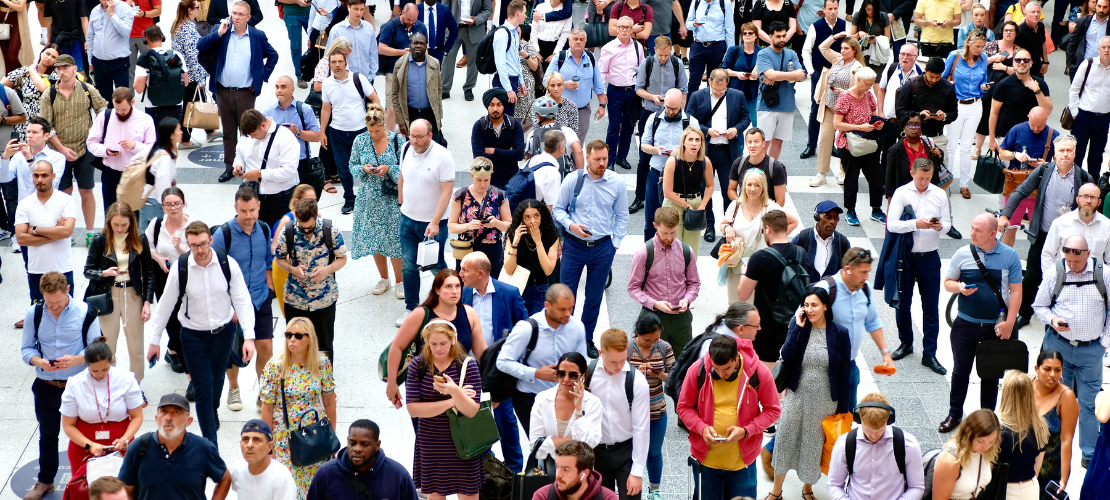

.png)
